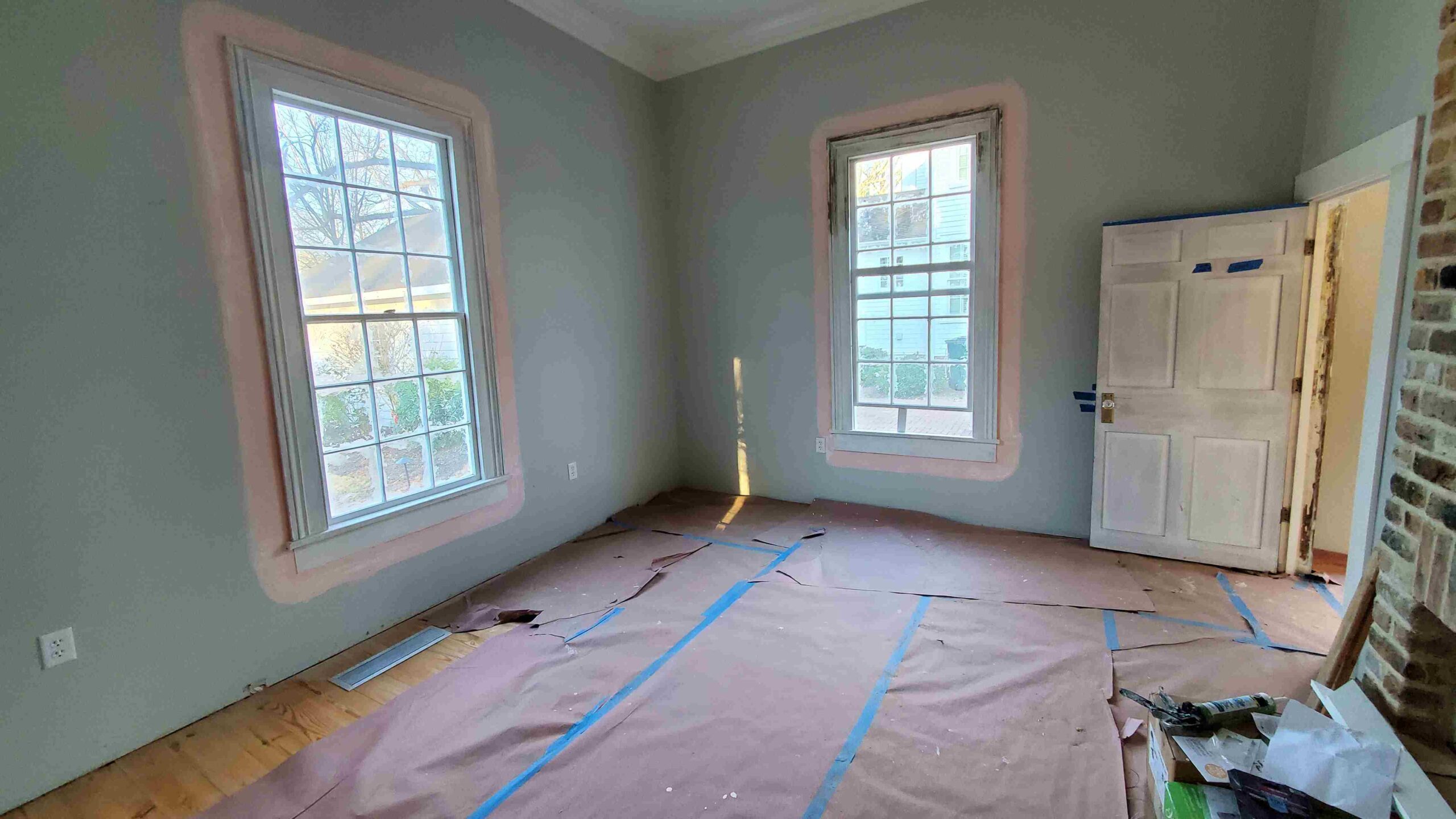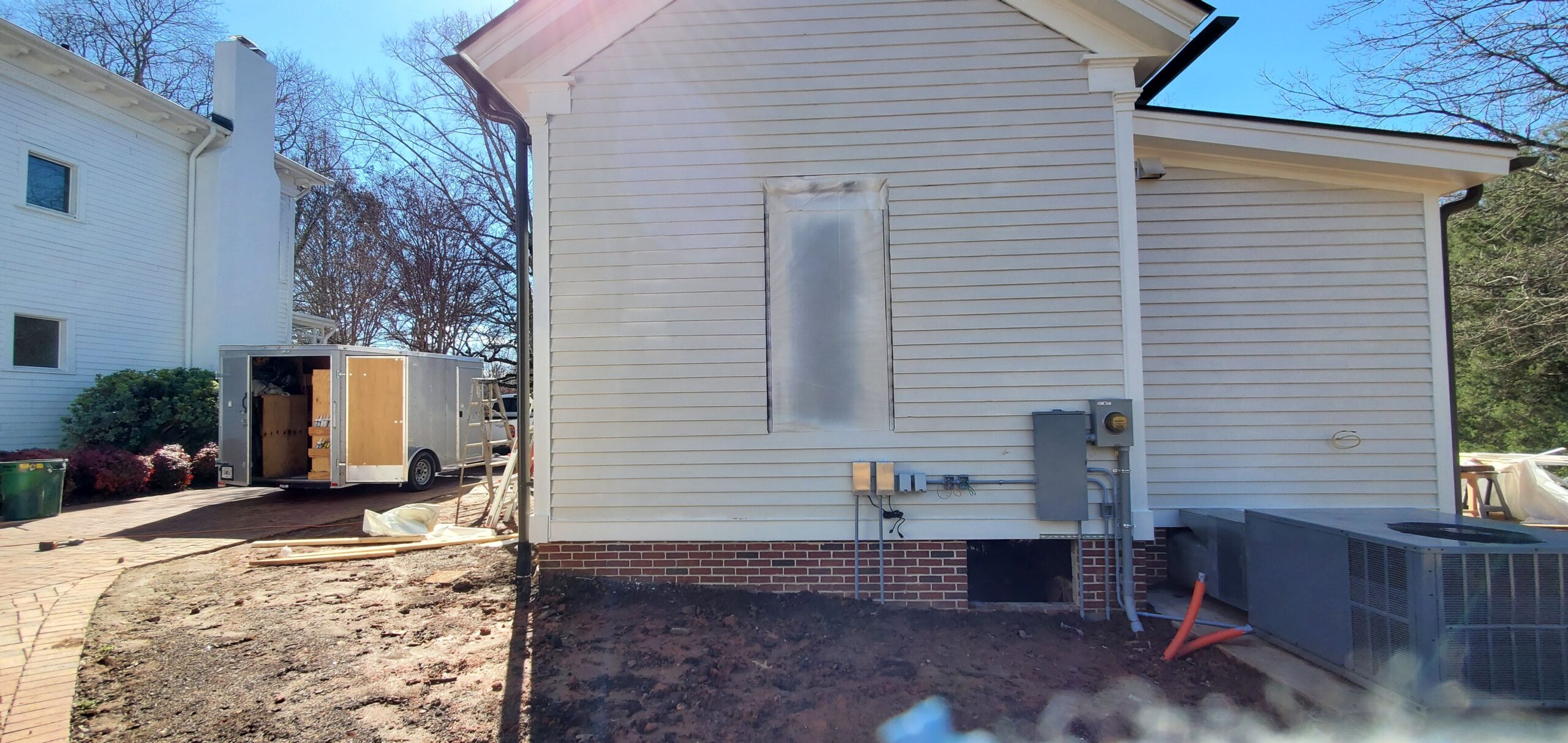Choosing new flooring is exciting, but the installation process can be daunting. Who should you trust with this essential home improvement project? This comprehensive guide will help you navigate your options and make an informed decision.
Understanding Your Flooring Needs and Project Scope
Before deciding who to hire, consider the following in greater depth:
- Flooring type: Different materials demand specific skills. Hardwood requires precise cutting and nailing, while tile involves mortar and grout expertise.
Vinyl and laminate may seem DIY-friendly, but professional installation ensures proper seaming and longevity. Knowing your chosen material is key to finding the right installer.
- Project size: The scale of your project dictates the resources needed. A single room might be handled by one installer, but a whole-house renovation likely needs a team to meet timelines and ensure consistent quality.
Be clear about your scope to get accurate estimates and avoid delays.
- Complexity: Beyond the room size, consider design intricacies. Are you envisioning herringbone patterns, borders, or transitions between materials?
These add complexity, requiring installers with proven experience in these techniques. Even seemingly simple floors can have challenges like uneven subfloors, which a professional can address.
Exploring Your Hiring Options
You generally have three main options when hiring for your flooring project:
- Flooring retailers: Many stores like Home Depot or Lowe’s offer installation as part of their service. This can be convenient, bundling product and labor, but their installers might be generalists. If you have a specialty material or complex design, their expertise might be limited.
- General contractors: These pros handle a variety of home projects. They may have a flooring specialist on their team or subcontract it out. This is ideal for large remodels where flooring is one of many tasks. However, if flooring is your sole focus, their attention might be divided.
- Independent flooring installers or companies: These are specialists dedicated solely to floors. They often have deeper knowledge of various materials and installation methods. Some may niche down further, like hardwood-only experts. This is your go-to for highly specialized work or if you value in-depth flooring expertise.
Evaluating Potential Installers
Once you’ve narrowed down your options, evaluate potential installers based on:
- Experience and specialization: Don’t be shy to ask how many projects like yours they’ve done. Have they worked with your exact material before? How long have they been installing? An installer who’s done hundreds of hardwood floors is a safer bet than one who’s only done a few.
- Licensing and insurance: Licensing requirements vary by location, but it’s a sign of professionalism. More importantly, insurance protects you. If an accident happens on the job, you don’t want to be liable. Ask for proof of both license and insurance before hiring.
- References and reviews: Past clients are your best resource. Ask for contact info of those with similar projects, and don’t hesitate to call. Online reviews are helpful too, but take them with a grain of salt – both glowing praise and harsh criticism can be exaggerated.
- Portfolio: Seeing is believing. A good installer will have photos showcasing their work. Look for the quality of cuts, pattern matching, and overall finish. This also gives you a sense of their style – do they align with your vision?
- Communication and professionalism: How responsive are they to your inquiries? Do they show up on time for estimates? Are they clear about their pricing and process? A good working relationship with your installer can make all the difference in a smooth project.
Questions to Ask Potential Installers
During your consultations, ask these key questions:
- What is your estimated timeline for the project? This isn’t just about knowing when you’ll have usable floors again. It reveals how the installer plans their work, accounts for potential delays (weather, material backorders), and whether they’ll dedicate full days to your project or split time between multiple jobs.
- How will you prepare the subfloor? A smooth, level subfloor is essential for a flawless finish. Ask how they’ll address imperfections, moisture issues (especially on concrete slabs), or old flooring removal. Their methods can impact the final result and even the lifespan of your new floors.
- What is your approach to handling unforeseen issues or challenges? No project is without hiccups. Maybe there’s hidden damage under the old flooring, or the material arrives slightly warped. A good installer has contingencies, explains how they’ll communicate with you if issues arise, and won’t surprise you with hidden costs.
- What is included in your estimate (materials, labor, removal of old flooring, etc.)? Get a detailed breakdown, not just a lump sum. This lets you compare “apples to apples” between different installers. Are they including trim, underlayment, or disposal fees? Knowing what’s covered avoids unpleasant surprises later.
- What type of warranty do you offer on your work? A warranty on the installation itself (separate from the material’s warranty) shows the installer stands behind their skill. It should cover defects in workmanship, not normal wear and tear. Understand the duration and terms to ensure peace of mind.
Comparing Estimates and Making Your Decision
Once you have estimates in hand, it’s time for analysis. Don’t just go for the lowest price. Consider:
- The total cost, including any hidden fees: Are there separate charges for moving furniture or hauling away debris? Some installers bundle these, others don’t.
- The scope of work: Does each estimate cover the same tasks? One might include subfloor prep that another doesn’t, skewing the price comparison.
- Payment terms: Are they asking for a large deposit upfront? Do they offer financing options if needed? Understanding the financial aspect is key.
- Installer’s qualifications: Factor in their experience, reviews, and how well they communicated with you. Sometimes, paying a bit more for a highly skilled, reliable pro is worth it in the long run.
Preparing for Installation Day
With your chosen installer, it’s prep time:
- Clear the area: Empty the room of furniture and belongings. The more open space, the faster and safer the installer can work.
- Protect what stays: If large items can’t be moved (appliances, built-ins), cover them with drop cloths to prevent damage from dust or dropped tools.
- Prepare for disruptions: Depending on the flooring type, installation can be noisy or messy. Plan for this, especially if you’re working from home or have small children around.
After the Installation: Inspection and Follow-Up
The job’s not done when the last board is down:
- Thorough inspection: Check for gaps, unevenness, squeaking, or any other issues. Don’t hesitate to point these out to the installer while they’re still on-site.
- Care and maintenance: Ask for detailed instructions on how to clean and maintain your specific flooring. This prolongs its life and keeps it looking great.
- Warranty info: Make sure you have the warranty details in writing. This includes who to contact, what’s covered, and for how long.
Conclusion
Choosing the right professional for your flooring project is crucial for a successful outcome. By understanding your needs, exploring your options, evaluating potential installers, and asking the right questions, you can confidently select the best person or company to transform your space.
Not sure who can install flooring to your exact specifications? Trued Decks specializes in expert flooring installation for all your home improvement needs. Contact us today for a free consultation!





